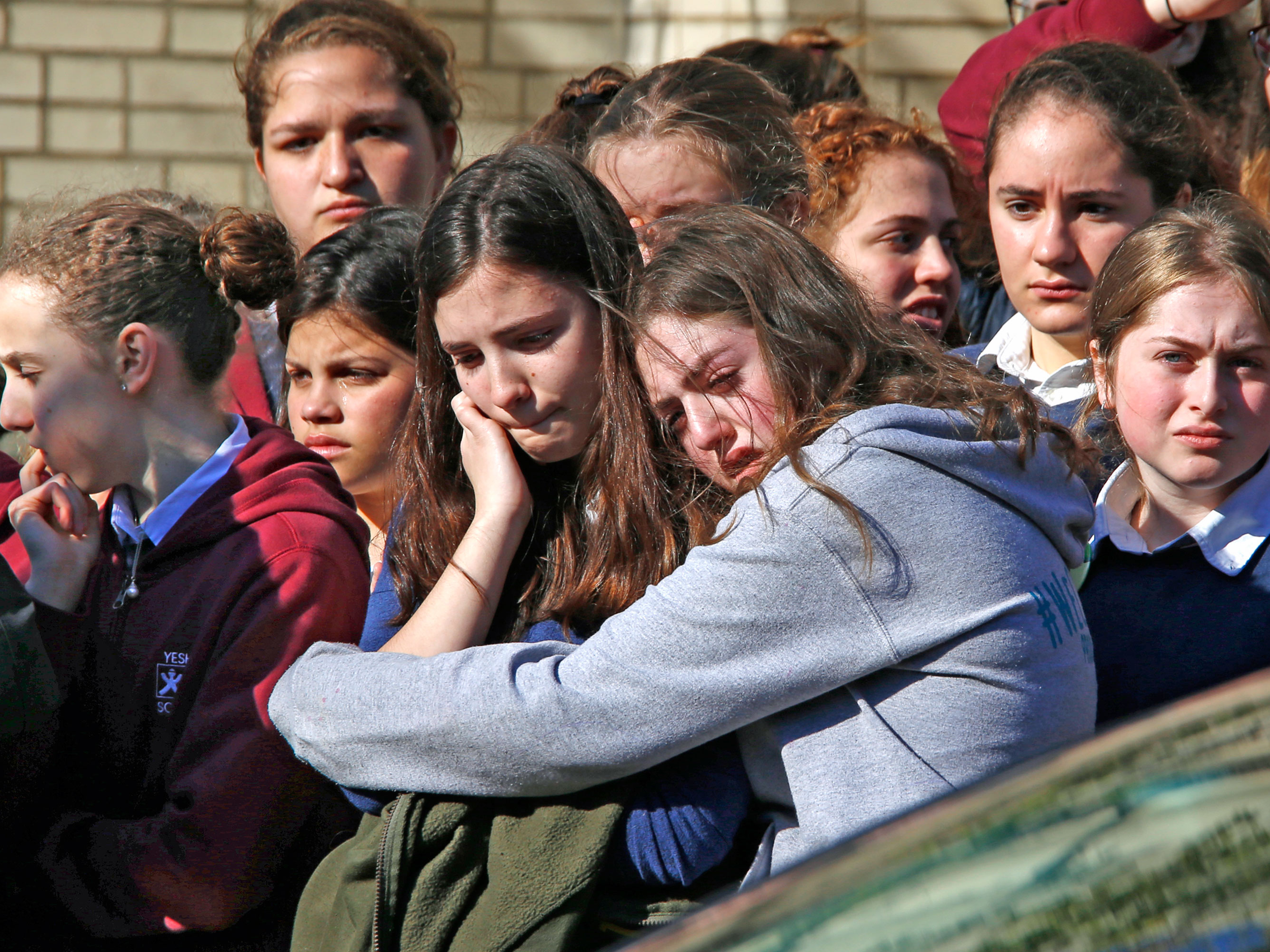- A mass shooting in El Paso, Texas, has reignited a nationwide conversation on white nationalism and right-wing violence.
- A January 2019 report shows all the extremist killings in the US in 2018 had links to right-wing extremism.
- The report’s findings are consistent with other fairly recent studies on extremism in the US, which have shown right-wing extremism and violence are on the rise.
- There were at least 50 extremist-related killings in 2018, according to the report, making it the fourth-deadliest year on record for domestic extremist-related killings since 1970.
A mass shooting in El Paso, Texas, on August 3 has reignited a discussion on violence associated with white nationalism and the far right.
The suspected shooter, a white male, wrote a manifesto containing blatantly xenophobic language. The manifesto cited the “invasion” of immigrants as the reason for the shooting, which left 20 people dead.
Correspondingly, reports in the past year have pointed to unsettling trends surrounding right-wing extremism and violence.
Every extremist killing in the US in 2018 had a link to a right-wing extremism, according to a January 2019 report from the Anti-Defamation League’s Center on Extremism.
The report zeroes in on incidents such as the high school shooting in Parkland, Florida, in February 2018, and the mass shooting at the Tree of Life synagogue in Pittsburgh, Pennsylvania, in October 2018.
There were at least 50 extremist-related killings in the US in 2018, according to the report, making it the fourth-deadliest year on record for domestic extremist-related killings since 1970.
Read more: Right-wing violence has 'accelerated' in the US since Trump took office
"The extremist-related murders in 2018 were overwhelmingly linked to right-wing extremists," the report states. "Every one of the perpetrators had ties to at least one right-wing extremist movement, although one had recently switched to supporting Islamist extremism. White supremacists were responsible for the great majority of the killings, which is typically the case."
Guns were involved in the vast majority of the killings - 42 of out 50.
The Anti-Defamation League's findings are consistent with other recent research on right-wing extremism in the US, which shows it's on the rise.
"The number of terrorist attacks by far-right perpetrators rose over the past decade, more than quadrupling between 2016 and 2017," the Center for Strategic and International Studies said in a November 2018 report. "The recent pipe bombs and the October 27, 2018, synagogue attack in Pittsburgh are symptomatic of this trend."
Correspondingly, a November 2018 analysis from The Washington Post on global terrorism data showed that far-right violence has been on the rise since President Donald Trump entered the White House.
"Over the past decade, attackers motivated by right-wing political ideologies have committed dozens of shootings, bombings and other acts of violence, far more than any other category of domestic extremist," the report stated.
The report said this has occurred alongside a "decades-long drop-off in violence by left-wing groups," which were considered the top extremist threat in the US three to four decades ago.
Meanwhile, three men and a male high school student were earlier this month charged with plotting to attack a Muslim community in upstate New York with explosives. In a separate incident, a Colorado man was arrested last Saturday after he posted on social media that he planned to kill "as many girls as I see." Police reportedly feared the man planned to target a Women's March event occurring nearby.
Relatedly, FBI data released in early November 2018 showed hate crimes rose 17% in 2017.
Read more: Anti-Jewish hate crimes increased by 37% in 2017, according to a new FBI report
The Trump administration has faced criticism over its approach to extremism, as many feel it's exaggerated the threat posed by jihadists while largely ignoring the violence perpetrated by far-right groups.
President Donald Trump sparked a significant amount of backlash over his response to deadly far-right violence in Charlottesville, Virginia, in August 2017. Trump controversially blamed the violence on "many sides." Far-right leaders praised Trump's response to the events in Charlottesville, and have often spoken approvingly of him.
On top of concerns regarding his rhetoric, critics feel Trump isn't taking the issue seriously enough given he cut funding to programs designed to counter violent extremism.
An October 2018 poll from the Public Religion Research Institute showed a majority of Americans agree that Trump has "encouraged white supremacist groups" with his decisions and behavior.

